Activities
How the outcomes were achieved
- All activities
- New study options
- Additional Experiences
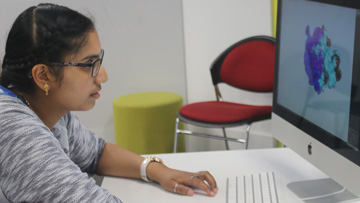 AMSPP collaboration
AMSPP collaboration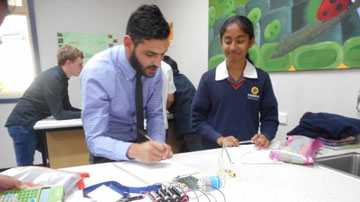 ASELL for Schools - Victorian Node
ASELL for Schools - Victorian Node Back to school
Back to school Communicating Science
Communicating Science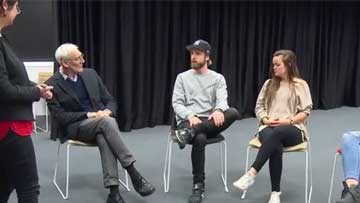 Contemporary Biology and Environmental Science In Education
Contemporary Biology and Environmental Science In Education Contemporary Science Schools Network
Contemporary Science Schools Network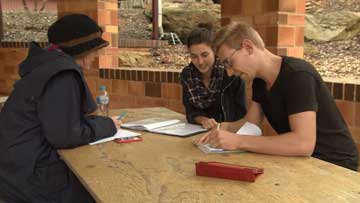 Discovery STEM initiative
Discovery STEM initiative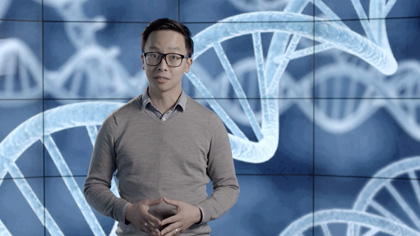 Maths videos
Maths videos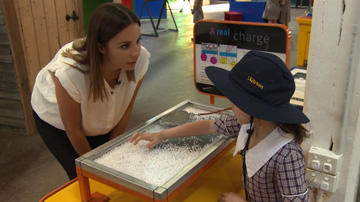 Multidisciplinary Science and Technology in Education collaboration
Multidisciplinary Science and Technology in Education collaboration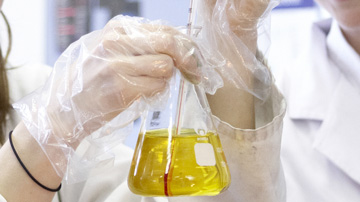 Reconceptualising Chemistry
Reconceptualising Chemistry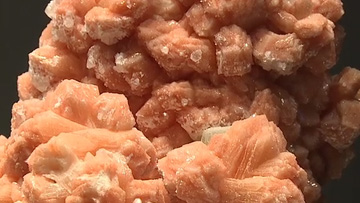 Reconceptualising Rocks
Reconceptualising Rocks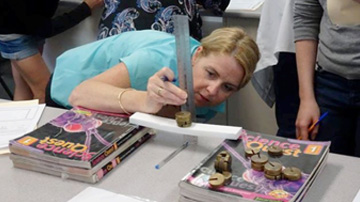 Representing scientific practice at the Institute for Frontier Materials
Representing scientific practice at the Institute for Frontier Materials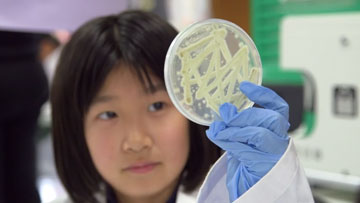 Scientists as Partners in Education
Scientists as Partners in Education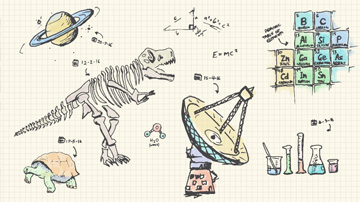 Science Squad
Science Squad
Reconceptualising Rocks
Pre-service teachers from the University of Melbourne and Deakin University were taken behind the scenes at Melbourne Museum to learn about teaching Earth Sciences, followed by a full-day excursion to geologically rich sites in Victoria.
Contact
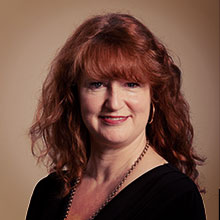
Responds to ReMSTEP innovation(s):
Specialist science and technology centre collaborations.
Opportunities for students to interact with scientists in world-class research environments.
Key points
- Deakin University and University of Melbourne pre-service teachers learned from Melbourne Museum curators and scientists about teaching Earth Science
- Learned geology, museum pedagogy practices and science communication techniques
- Aimed to fill major gap in science teaching
Reconceptualising Rocks was designed in collaboration between Melbourne Museum, Deakin University and the University of Melbourne. The program connected pre-service teachers to scientists, contemporary science, and museum pedagogy practices for the learning and teaching of Earth Science.
The program was promoted to pre-service teachers through the Master of Teaching (Science) at the Melbourne Graduate School of Education, and through the Community Science Project unit at Deakin University to students completing either a BSC or a BSC/BTeach degree. Approximately 40 pre-service teachers participated in the program in 2015, and 20 PSTs in 2016.
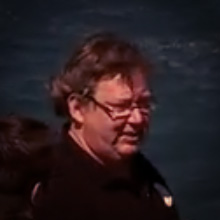
We’re not teaching them a formal course in geology - but I think they know a lot more about geology as a science and that it’s an all-encompassing science… that involves everything from how the atmosphere to how the ocean was formed. So I guess I would feel that it was success in the sense that they’ve left probably with a more positive view of geology.
This program was offered three times to both Universities over the course of two years. In 2015, the program was offered in March and again in July/August, with two groups comprised of combined cohorts of students from both Deakin University and University of Melbourne attending. In 2016, the program was run again, with the first session in March focused on the Deakin University students while the second session (held in July/August) comprised solely of PSTs from University of Melbourne.
The 2015 program spent 2 full days on-site at Melbourne Museum participating in educative sessions, exploring the museum collections and undertaking a back of house tour, while the 2016 program included three half days spent on-site at the Museum.
In both years, the second part of the program comprised a full-day field trip to one of the geologically rich sites of Victoria, including Phillip Island, Organ Pipes National Park and Hanging Rock State Park.
My capacity to provide earth science education in secondary schools has developed by my involvement in the project. I particularly felt that the first day in the museum really enhanced my understanding of earth science, and highlighted the vital role of the museum in sharing this information. The field trip was fantastic in revealing the presence of important geological examples in the local environment. It was great to see how this concept could be translated into any geological sites around the area local to a secondary school.
As part of the 2015 program, participants were asked to make a short video exploring a geological exhibit in the museum:
The goals of the program were to improve the competence and confidence of participating pre-service teachers in the teaching of Earth Science. The majority of the surveyed participants said that they came out with a new appreciation of the importance of Earth Science in the curriculum.
Learn more
To keep up to date with ongoing ReMSTEP activity at Deakin Unversity head to the STEME Research Group website
Footnotes:
Sign up to our mailing list to stay informed

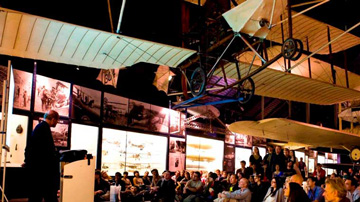 Engaging with practices of contemporary science
Engaging with practices of contemporary science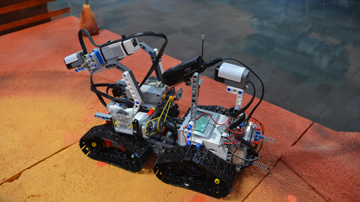 Inquiry science
Inquiry science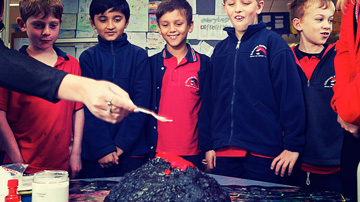 Schools science project
Schools science project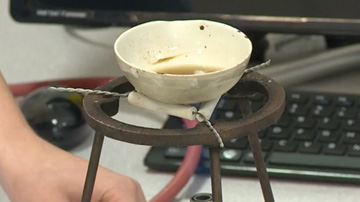 Science in Schools
Science in Schools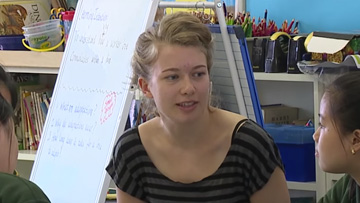 Science and mathematics specialist pathways
Science and mathematics specialist pathways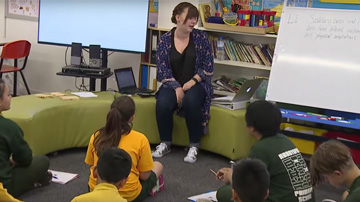 Science and Mathematics in the Classroom
Science and Mathematics in the Classroom